|
 |
|
|
|
|
A Vault to Preserve the World's Glaciers
|
|
08.29.2016 |
|
Glaciology
In 2016, an international team of glaciologists started working on the extraction of the first “legacy ice cores” on Mont-Blanc. The aim is to create a world glacier archive bank in Antarctica. Jérôme Chappellaz, initiator and coordinator of the project, explains.
|
|
Read the article
|
|
|
|
|
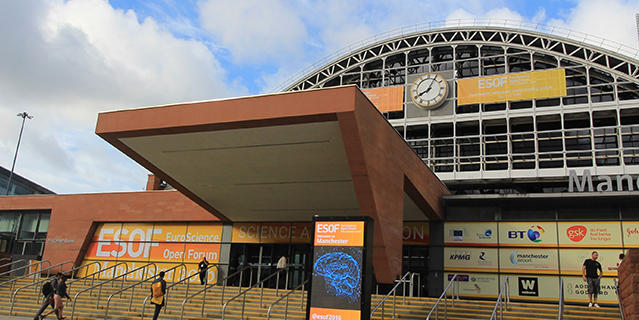 |
|
|
|
|
Celebrating Global Science at ESOF
|
|
08.30.2016 |
|
Policy
Designated European City of Science for a two-year term in 2014, Manchester hosted EuroScience's Open Forum (ESOF) this summer, before handing over the reins to Toulouse, in southwest France, where the next meeting will be held in 2018.
|
|
Read the article
|
|
|
|
|
 |
|
|
|
|
Wood: a Material for the Future?
|
|
08.08.2016 |
|
innovation
It seems industrial actors swear solely by concrete or the latest composite materials. Yet a billion years ago, nature invented a revolutionary material with striking properties: wood. It can not only be used to construct buildings, but also high-precision mechanical parts or new generation polymers. But to do so, one must get past a few preconceived notions.
|
|
Read the article
|
|
|
|
|
|
Also this month
|
 |
|
|
|
Exoplanets: the Search for New Worlds?
|
|
08.12.2016 |
|
Astronomy Twenty years ago, in October 1995, a team of astrophysicists led by Michel Mayor and Didier Queloz at the Haute-Provence Observatory in southeastern France became the first to formally discover an exoplanet, a hot Jupiter dubbed 51 Pegasi b. Since then, more than 3,000 exoplanets have been... |
|
View infographics
|
|
|
|
 |
|
|
|
Why is Italy so Prone to Earthquakes?
|
|
08.26.2016 |
|
seismology On August 24 at 03:36 local time, an earthquake of magnitude 6.2 struck in the central Apennine region of Italy, the scene of many previous earthquakes, particularly in 1997 and 2009. As the toll continues to rise, paleoseismologist Lucilla Benedetti, a specialist of the region, explains this event. |
|
Read the article
|
|
|
|
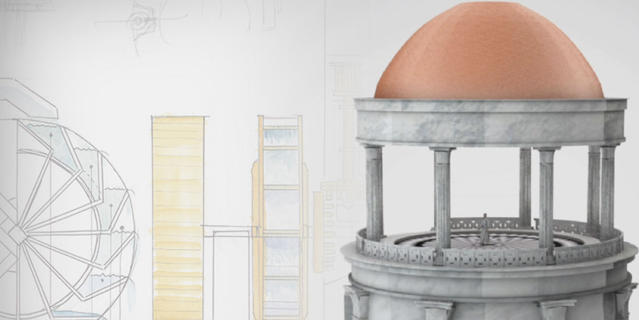 |
|
|
|
Nero’s Rotating Dining Room
|
|
08.19.2016
|
|
Archaeology "The main dining table, which was round, rotated night and day, imitating the motions of the globe." The surprising construction mentioned by Suetonius in his biography of Nero has been found. On Palatine Hill (Rome), a Franco-Italian team of archaeologists discovered remains of a... |
|
Watch the video
|
|
|
|
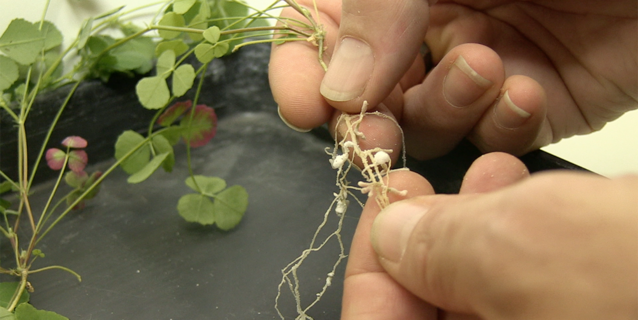 |
|
|
|
Bacteria-Taming Plants
|
|
08.24.2016
|
|
Biology To grow, plants need nutrients that they draw from soil, especially nitrogen. Pulse crops (the UN declared 2016 the International Year of Pulses (IYP)) have developed a cunning strategy: they partner up with bacteria able to metabolize nitrogen directly from the atmosphere. Researchers are very... |
|
Watch the video
|
|
|
|
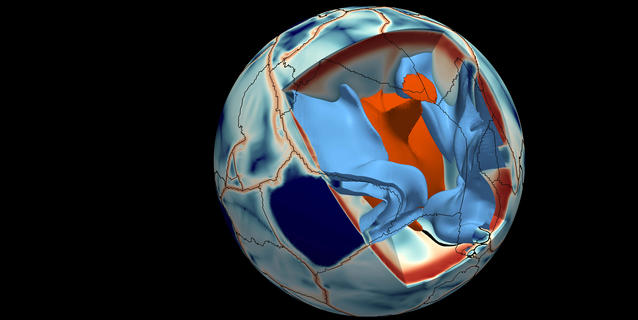 |
|
|
|
Solving a Tectonic Plate Jigsaw
|
|
08.31.2016 |
|
Tectonics Why is the Earth’s surface made up of only a small number of large tectonic plates along with several dozen smaller plates? A research team has just managed to solve this riddle using 3D models of a virtual planet close to the Earth. |
|
Read the article
|
|
|
|
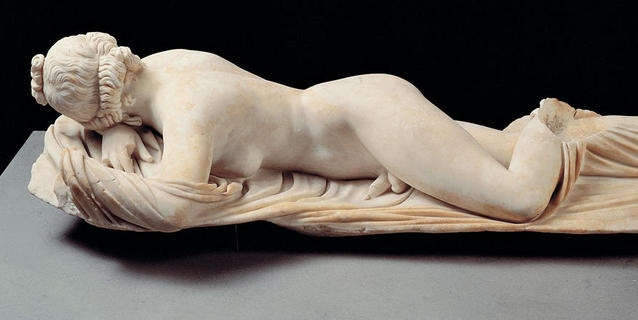 |
|
|
|
How Many Sexes Are There?
|
|
08.01.2016 |
|
Biology and Social Sciences The issue of gender verification is not new to competitive sports. Yet how can we define biological sex? And how many sexes are there? As the 2016 Rio Olympic Games get underway, CNRS News explores this sensitive and complicated topic. |
|
Read the article
|
|
|
|
 |
|
|
|
Rock Stars
|
|
08.16.2016 |
|
Mineralogy A new book by physicist Jean-Claude Boulliard traces the ins and outs of different mineral families, each more surprising than the next. Bridging the worlds of science and art is a surprising feat, as these intriguing shapes and mesmerizing colors will attest. |
|
Access the slideshow
|
|
|
|
 |
|
|
|
Preserving Ancient Documents
|
|
07.08.2016 |
|
Preservation Whether in stone or paper, some of the world's oldest documents are at risk of disappearing forever. Racing against the clock, experts are developing cutting-edge technologies to bring some of them back to life. |
|
Read the article
|
|
|
|
|
|
|